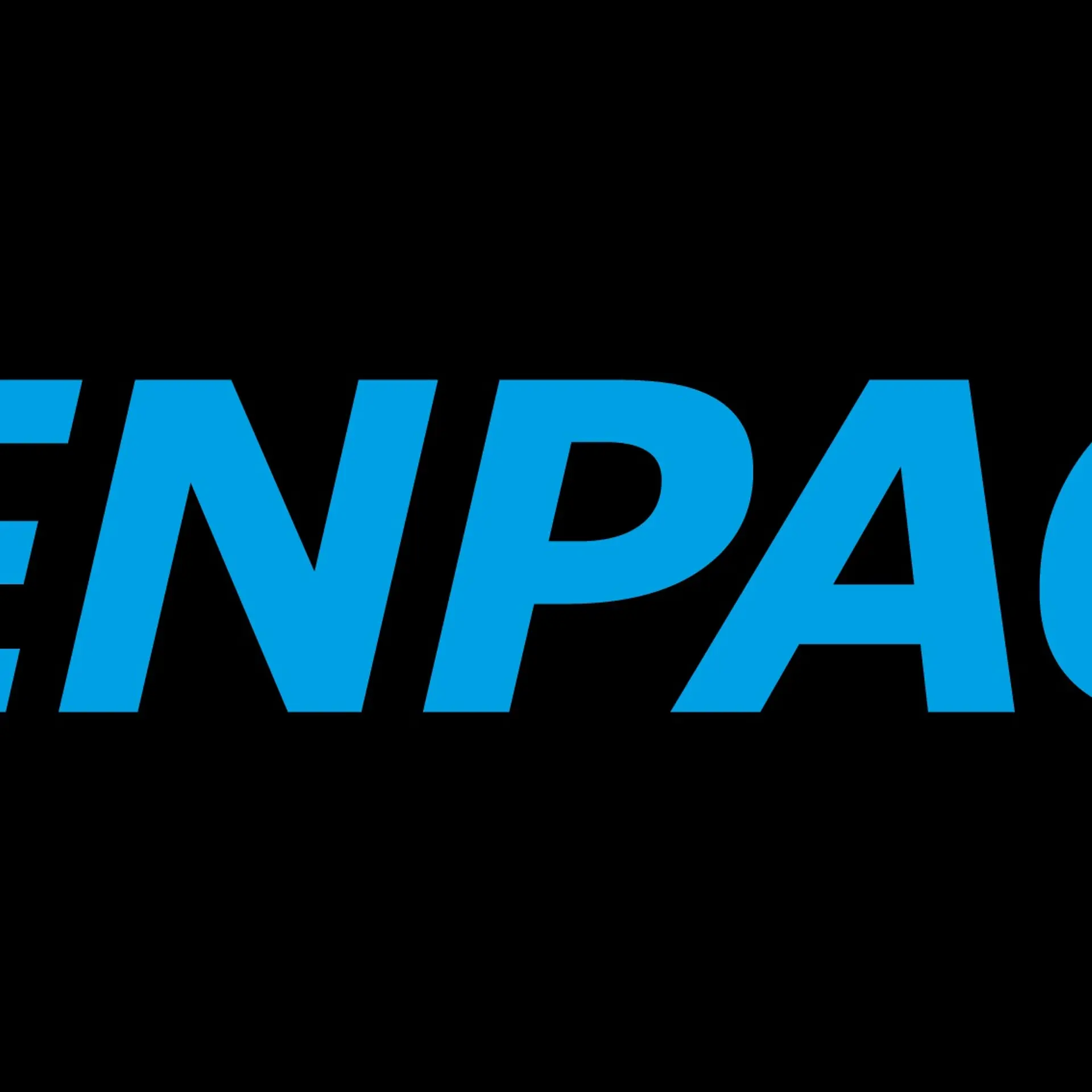

How to make e-learning engaging for the students in the age of Mobile
Asynchronous events include a self-paced course, and they are time-independent. Discussion forums, emails, audio/video, game-based learning are examples of asynchronous communication tools. The biggest advantage of using them is that they significantly improve application performance and responsiveness.
Leveraging different technologies and programming methods, many experts and instructional designers are making e-learning methods to engage students or employees who are living in the age of mobile for continuous motivation. These methods are enhancing the overall efficiency of the learning programs conducted by different companies and organizations.
Selecting the right e-learning method can be a challenging job and have a significant impact on the outcomes of your training program. In this blog, we have highlighted various engaging e-learning methods.
Video and Audio: In the eLearning industry, this is the most common method to deliver content to learners. Audio and video are always considered as more engaging than text. They help the learner learn the basics of a module and understand every concept to the core. Since, in this process, the learners use both their senses at a time, it’s also multi-sensory learning. It develops visual imagery of different concepts on the learner's mind and helps easily recollect them when needed. In a nutshell, audio-video based learning is a good idea for the better performance of the learners.
Mobile Learning: With the easy availability and affordability of smartphones, there is a larger scope for mobile-based learning. However, converting online learning courses to mobile compatible mobiles is not going to be enough as there are a lot of factors that are taken into consideration for the same. Internet connectivity, screen size, disk space, etc. also have to be considered before designing a course for a mobile module. MPS provides interactive learning solutions to enable responsive designs for the e-module. This is an excellent benefit to content authors and publishers as it helps bring down the overall production cost as well as time invested in creating and developing courses for mobile content delivery.
Game-Based Learning: Any process or activity that incorporates that elements of game playing and is both challenging and interactive is known as gamification. The logic goes simple that games are interactive and are considered by everyone. Thus, they can be utilized for the eLearning industry as well as it is a great medium for experiential learning. Nowadays, many publishers and instructional designers focus on Gamification, which is known to enhance learner’s engagement and motivation levels by making them learn game-based modules. Many organizations have increased their productivity by introducing gamification to their learning seminars.
Social Learning: Social media is an open platform where millions of users connect at a time. The flow of information is so fast and dynamic that it compels the mind to process several information simultaneously. It helps the students and learners to interact with like-minded learners. Thus, realizing this powerful tool, many publishers have started focusing on social learning. Students network with each other using various social platforms to discuss issues and experiences. Also, by embedding social collaboration platforms within an LMS, learners can take their discussion on public or private platforms. Additionally, the learning that emerges from such collaboration grows within the LMS.
It is important to choose the right eLearning method for your target audience, and the same depends upon their need analysis. Many companies offer an array of services in content authoring, instructional designing, and digital transformation. With our help, publishers can experience the benefits of opting for the correct online learning method.
MPS provides an array of services, such as content authoring, instructional design, publishing solutions, accessibility solutions, and interactive systems for eLearning, to give publishers organizational support to revamp their courses efficiently and effectively.





